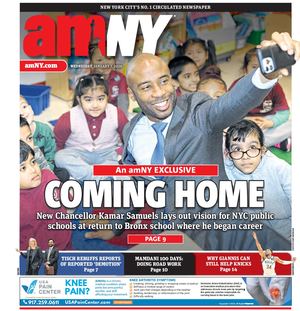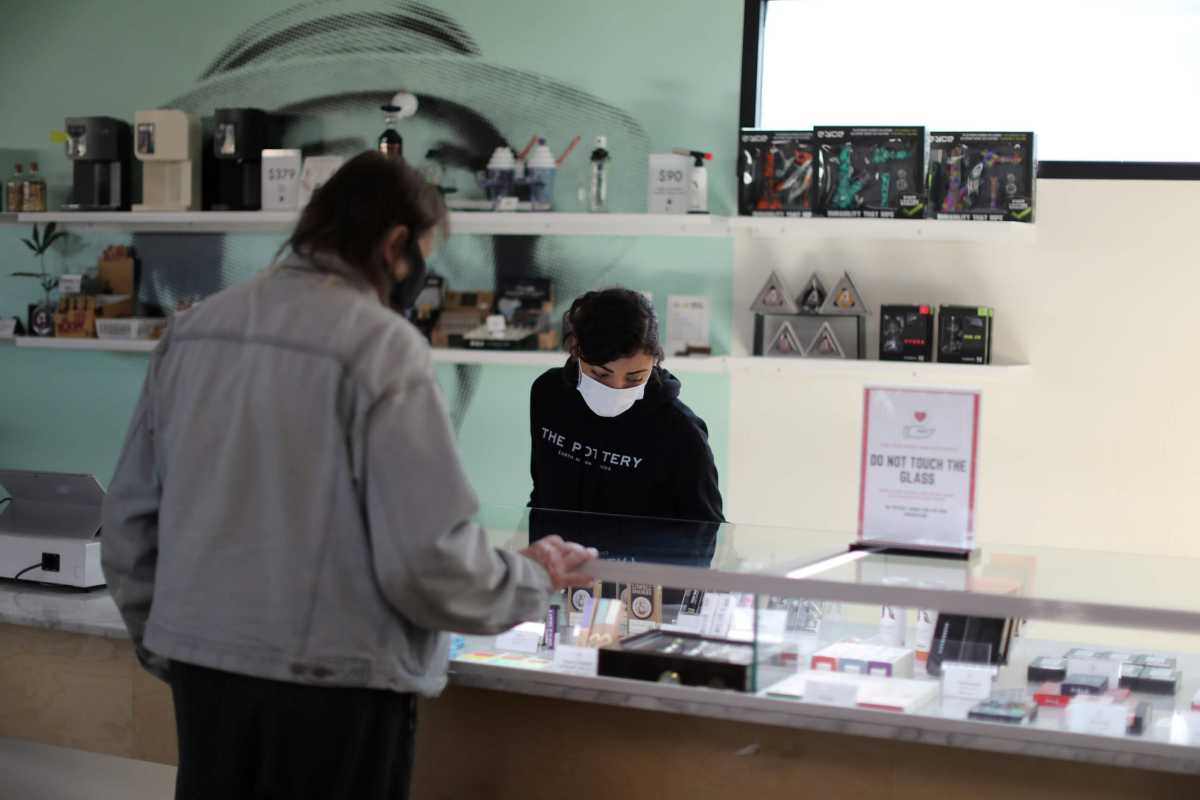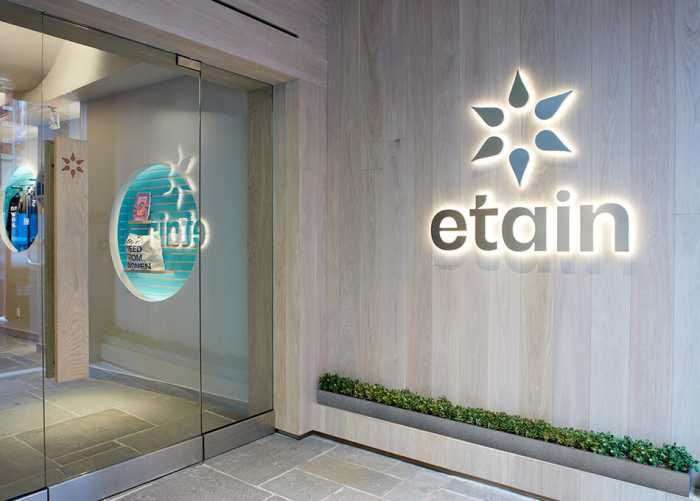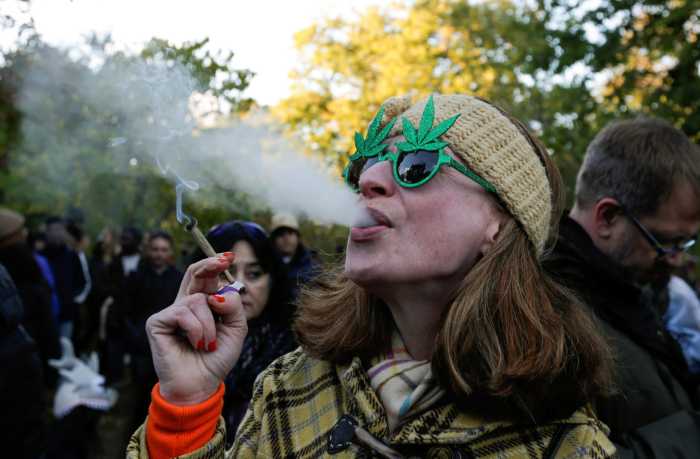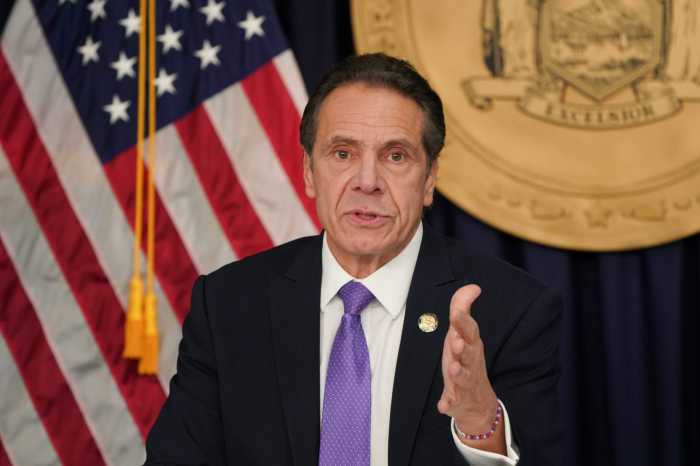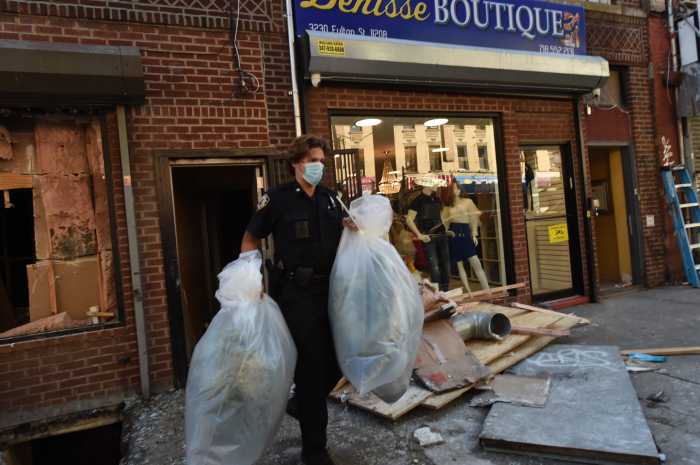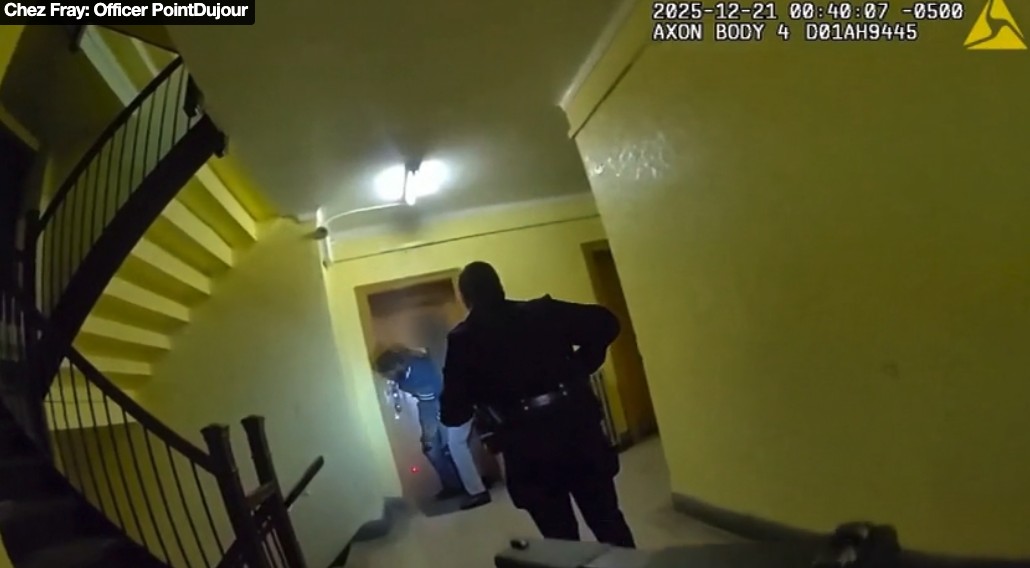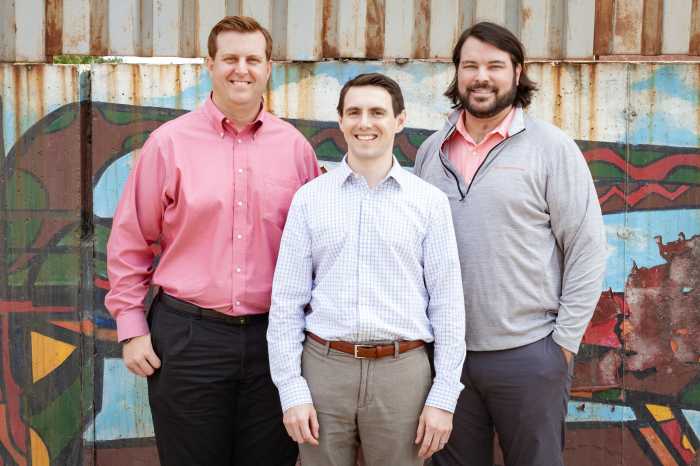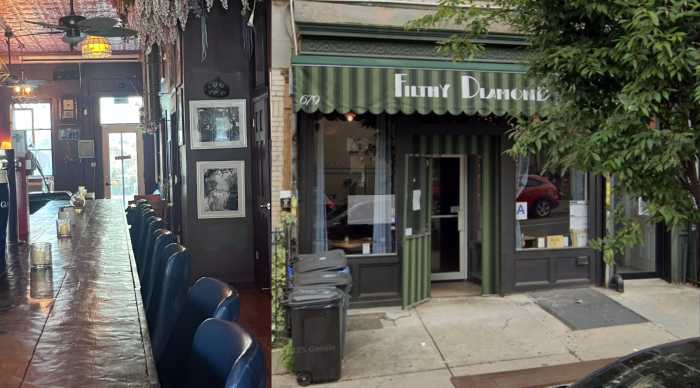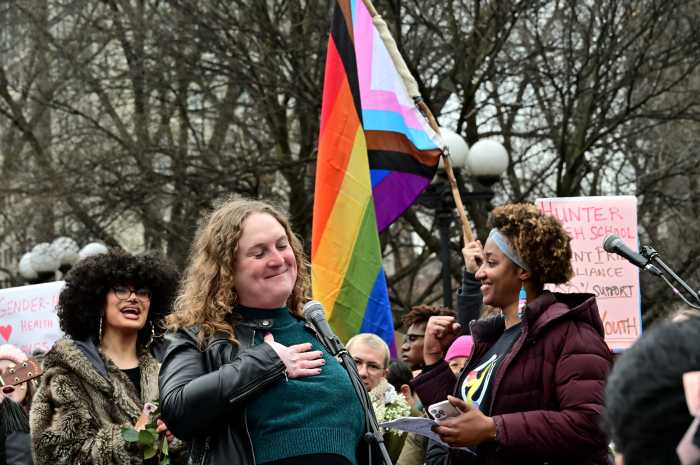Governor Kathy Hochul unveiled her proposal to get adult-use marijuana sales rolling this year, which will give a head start and support for business owners with past weed-related convictions.
New York’s so-called Seeding Opportunity Initiative proposes to open applications for farmers and retailers in the coming months, while earmarking $200 million in the coming state budget to support the Empire State’s first recreational pot shops that could open by the end of the year.
As revealed Wednesday, business owners in the state who were convicted of a weed-related crime or their relatives will get first dibs on the coveted retailing licenses in what could become a more than $4.2 billion market once Big Bong hits the Big Apple.
The move aims to give a leg up in the business to those who suffered the most from the drug’s decades-long prohibition, according to Governor Hochul.
“New York State is making history, launching a first-of-its-kind approach to the cannabis industry that takes a major step forward in righting the wrongs of the past,” she said in a statement. “I’m proud New York will be a national model for the safe, equitable and inclusive industry we are now building.”
The state’s oversight panel for recreational grass, the Cannabis Control Board, approved a slate of regulations and initiatives to grow and sell reefer Thursday afternoon, some of which will still need to get public feedback over the coming months and get approval from state lawmakers.
The state’s Office of Cannabis Management (OCM) will open the first round of applications for retail licenses in a couple of months, which will be restricted to so-called “justice involved” people who have been convicted of a crime related to weed themselves or their family.
They also need to have experience owning and operating a business in New York State.
OCM will score those applicants based on whether they themselves were arrested or their relative, whether their address at the time was in a community disproportionately affected by pot prohibition or low income, and how they have run their business in the past.
That follows the goal of the Marijuana Regulation and Taxation Act passed in Albany last year, which aimed to give half of the licenses in the adult-use pot market go to so-called equity entrepreneurs, or people of color and folks from poorer parts of the state who have borne the brunt of the War on Drugs, according to OCM’s executive director.
“Instead of opening our market with the same existing operators who are dominating the national space, we’ve instead decided to put those who have been most impacted at the center of what we are building here,” Chris Alexander told reporters during a virtual press conference after the board meeting on March 10.
Alexander said a “significant” portion of New Yorkers meet this standard with about one million people arrested for cannabis over the last 20 years, 90% of which were for small-time crimes like getting caught with a single joint or a little baggie.
The conditional licenses can’t be transferred for four years, except to another justice-involved person, without the Cannabis Board’s approval.
If applicants have other past convictions related to other drugs like heroin or crystal meth, they would be disqualified from the program, Alexander said.
The draft regulations will still need to go through public comment for 60 days before they can become adopted, and applications could open as soon as this summer with licenses going out later that season or early fall.
Hochul also proposed a $200 fund in her executive budget to help these entrepreneurs set up shop with support from the Dormitory Authority of the State of New York (DASNY), the state’s public finance and construction authority.
Those funds still have to be negotiated with state legislators before the budget deadline on April 1.
OCM will release a broader regulation package for all other applicants in May with applications likely opening in July, Alexander said.
The Cannabis Board approved the retail application regulations and the fund Thursday, as well as another initiative starting this month to open applications to grow weed.
The conditional licensing for hemp farmers was green-lit through legislation the governor signed last month and the board set this Tuesday, March 15, for the application portal for that program to open.
This permit will be for farmers previously part of the state Department of Agriculture and Markets’s industrial hemp research program and the growers will have to participate in social equity mentorship and training programs to cultivate the herb and adhere to certain environmental standards.
